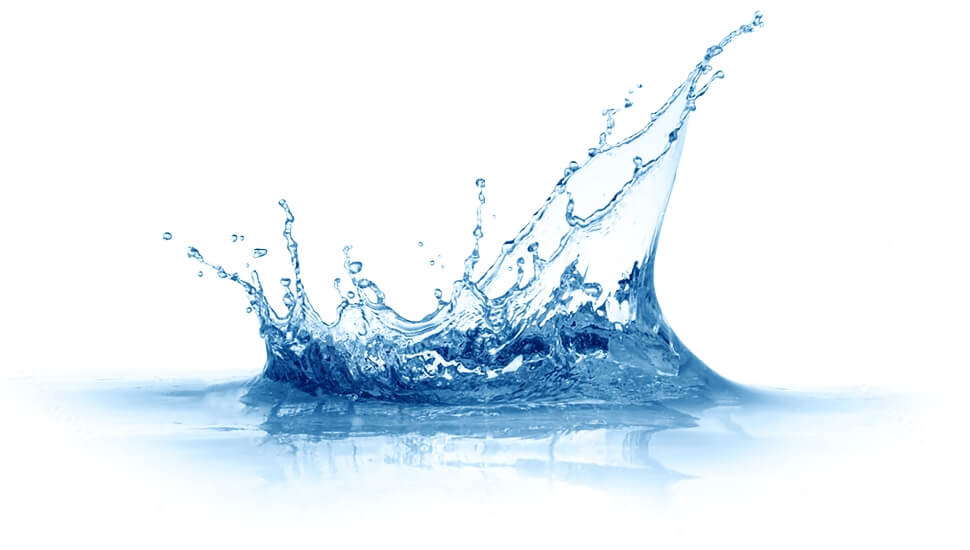Scientists' warning: "Don't drink water from plastic bottles!"

Plastic bottles are a danger, and in fact the quality of the water in them. Scientists are sounding the alarm about avoiding the use of plastic bottles especially by pregnant women, as research shows that microplastics, in addition to the placenta, can end up in the fetal organs
Experts recommend drinking water only from glass or metal bottles because of growing fears that tiny plastic particles can damage our health.
Dr Luisa Campagnolo, a specialist in histology and embryology at the University of Rome Tor Vergata, warns that there is evidence that micro- and nanoplastics are ending up in human tissues.
Previous studies have shown that the tiny particles - a by-product of plastic degradation - can end up in the human bloodstream and even reach the placenta. Plastic particles entering human tissues can also affect the production of certain hormones and thus certain biological processes.
Now a new study in mice presented at the annual conference of the American Association for the Advancement of Science shows that the plastic consumed can end up in the fetal organs.
The single-use plastic bottles we use can release residues, especially when exposed to sunlight and, according to Dr. Campagnolo, we should not drink bottled water from them.
"I think we should avoid using anything disposable plastic that comes into contact with food, such as plastic containers in the microwave. We should go back to the glass cup.
Dr Philip Democritus, an expert in nanoscience and environmental biology at Rutgers University in New Jersey, said the latest findings from animal studies are "very worrying".
This research demonstrates the danger of plastic bottles and any plastic device. In fact, his research on mice, published last month in the journal Nanomaterials, is the first evidence that consumed plastic can pass into the fetus. "We detect these micro and nanoplastics in the placenta 24 hours after they pass through the stomach of pregnant animals," he said. "More importantly, we detected them in every organ of the fetus, suggesting potential developmental effects."
"Petroleum-based plastics are not biodegradable, but weathering and photo-oxidation break them into tiny fragments. These tiny fragments, called micro-nanoplastics, are detected in human lungs, placentas and blood, raising concerns about human health," Democritus told the Daily mail
He stressed that microplastics "are an emerging pollutant and that we still have a lot to learn about the risk.
"Using about 5 grams of microplastics and nanoplastics on a weekly basis is equivalent to a credit card being inserted into our stomachs. Clearly we cannot go back to the Stone Age, but as a society we need to be smarter, to adopt sustainable ideas to avoid such a crisis. We, scientists, society, regulators, need to rethink the way we produce and use materials and chemicals in general," the researcher concluded.
Source: dikaiologitika.gr



